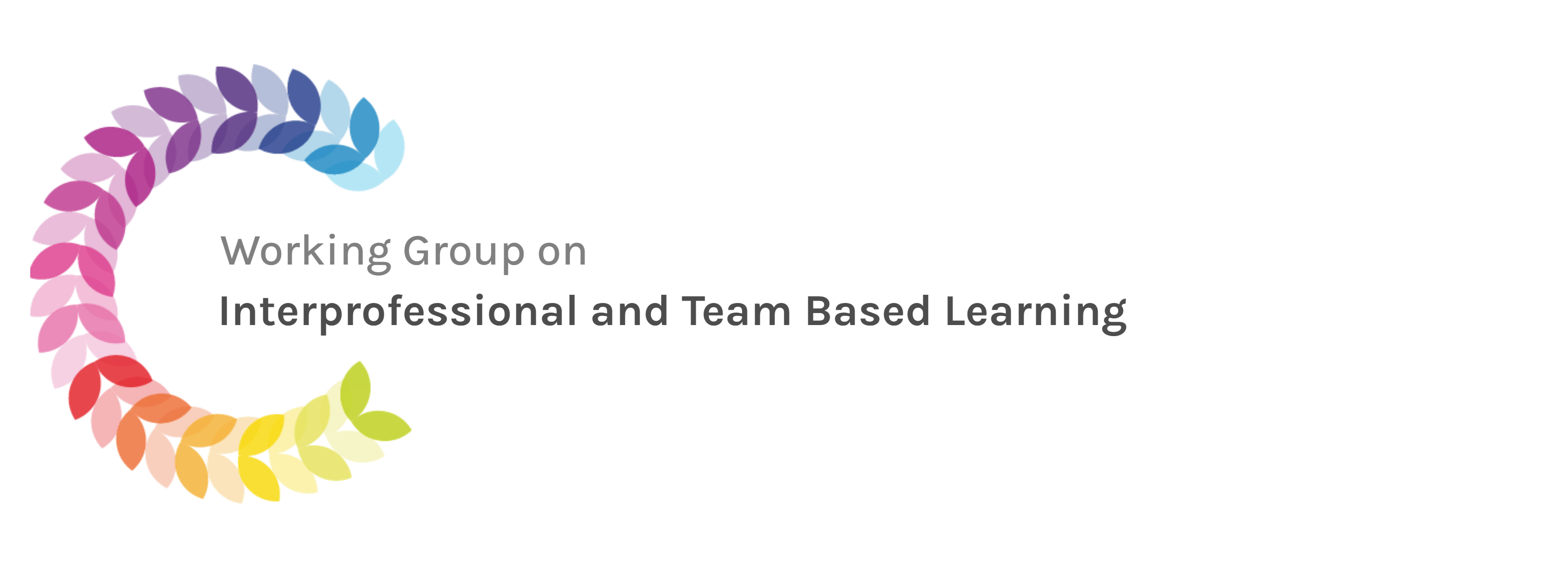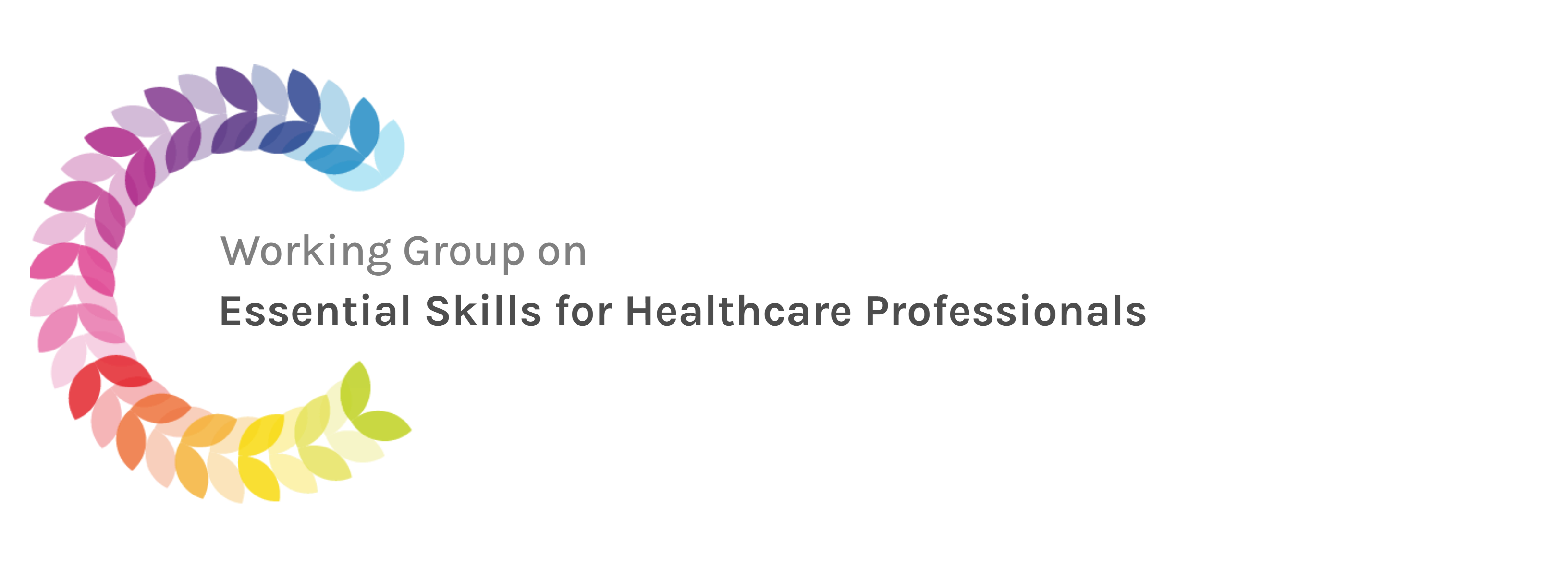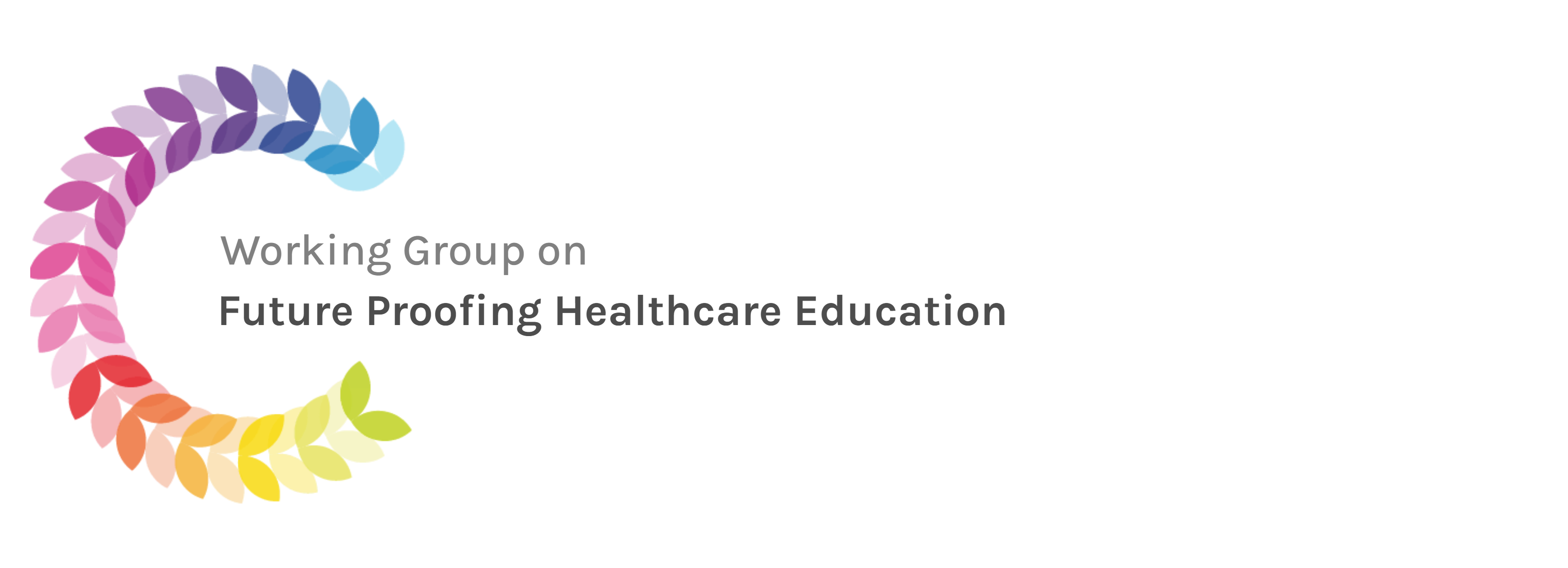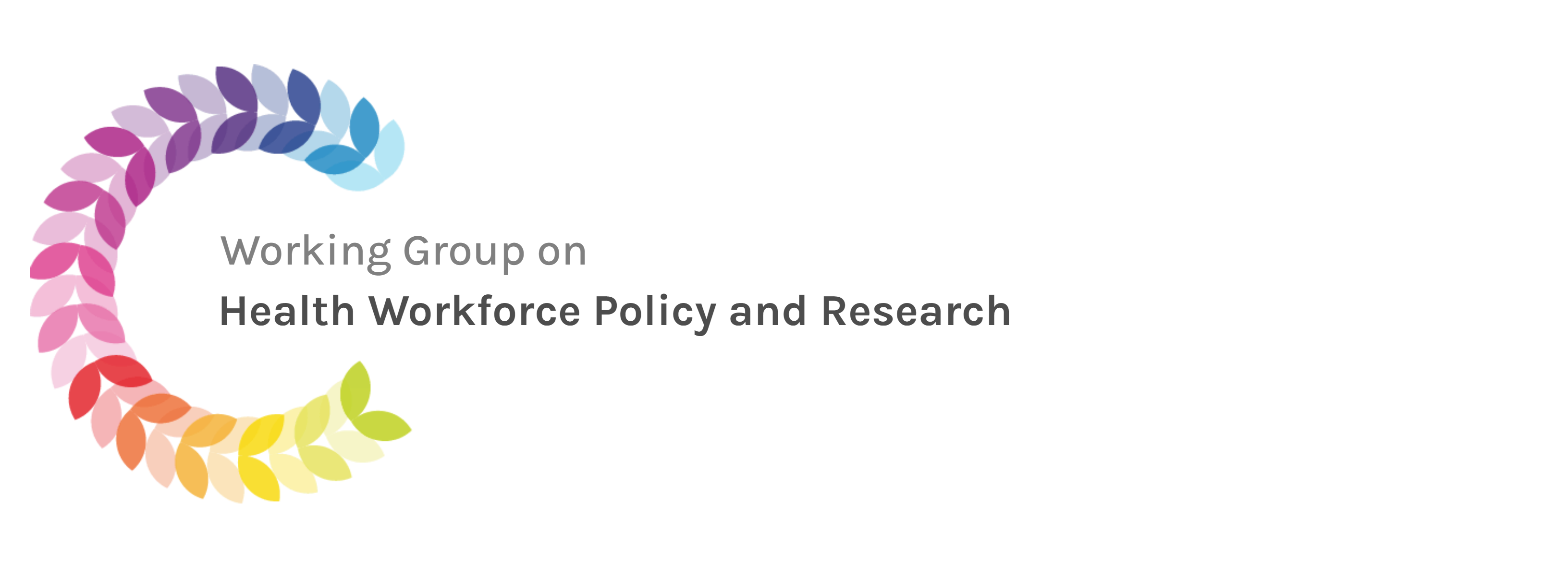Our Membership
The International Network for Health Workforce Education passionately believes that health workforce education needs to realise and benefit from the great potential that lies in our diverse, knowledge-rich, global society. Our role is to tap into the expansive knowledge resources of the global health workforce education community by creating the first truly international, inter-professional, and multi-stakeholder free membership network. Through connecting our talented group of members we break down the barriers of professional silos, organisational hierarchy, and geographical distance. The result is the creation of global dialogue and knowledge sharing between health workforce educators, researchers and policy makers that is truly unprecedented.
MEMBERS:
COUNTRIES:
Services
INHWE fosters dynamic knowledge sharing through a variety of activities, enabling members to exchange ideas and showcase their work on a global scale. These opportunities include both in-person and online events, allowing for engagement across geographical boundaries. INHWE disseminates and promotes the work of its community through a widely circulated newsletter, ensuring members’ contributions reach a broad audience. Additionally, by attending international events and utilizing social media platforms, INHWE provides continuous exposure for its members’ research and initiatives, furthering the impact of their work.
INHWE’s working groups offer a unique platform for international collaboration, where members can engage with peers from around the world. These groups enable participants to share their own research and insights in specialized areas of health workforce education, fostering deep discussions and innovative solutions. Whether through virtual meetings or face-to-face interactions at INHWE events, members have the opportunity to build connections, exchange knowledge, and collaborate on cutting-edge projects that advance the field.
INHWE organizes a range of events aimed at promoting the work of its members and advancing discussions in health workforce education. The International Congress of Health Workforce Education and Research brings together global experts to explore key issues in the field. INHWE also hosts a free Online Conference, accessible to all, encouraging widespread participation. For a more focused experience, members can attend an intimate Retreat, which provides an in-depth exploration of specific topics, offering valuable insights and fostering deeper collaboration among participants.
INHWE offers a variety of courses that are specifically designed by and for its members, ensuring relevance and practical application. Many of these courses are the direct outcome of EU-funded research projects, providing high-quality training materials that can be implemented within member organisations. The majority of these courses are offered free of charge, making advanced education and professional development easily accessible to all members while helping them integrate new practices into their work.
INHWE leverages its global network to support meaningful projects that inspire innovation and provide practical tools for its members. Through these partnerships, INHWE helps organisations tackle local challenges by offering tailored support and resources. Additionally, INHWE’s events serve as a platform to highlight the work of its partners, demonstrating how their achievements can benefit the wider health education community and promoting collaborative solutions that have a lasting impact.
Working Groups

The World Health Organisation believes that there is sufficient evidence to indicate that effective interprofessional education enables effective collaborative practice. The aims of the Interprofessional and Team Based Learning Working Group is to encourage discussion and research in this important area. Interprofessional education can be defined as when two or more professions learn with, from and about each other to improve collaborative practice and quality of care.
Soft or transversal skills are commonly overlooked in health workforce education but provide some of the foundations for patient care and healthcare delivery. This Working Group will provide a space to discuss the common difficulties, challenges and opportunities in teaching such skills to healthcare professionals across the globe.


Digital solutions have the potential to radically transform both health systems and education. Digital technologies, including eHealth advancements, aim to tackle complicated service issues by creating smarter healthcare processes and reducing the workload of healthcare professionals. However, health professionals’ digital skills, along with he digital skills of educators, often fall short of the required level to use such new technology.
The importance of sustainable health workforce with the right combined skills is increasingly recognised across the globe. This Working Group aims to bridge the gap between policy makers, practitioners and educators by breaking down policy changes (such as planning, forecasting, legal and gender issues) and providing a platform to discuss what this means for health professional education, training and development.


